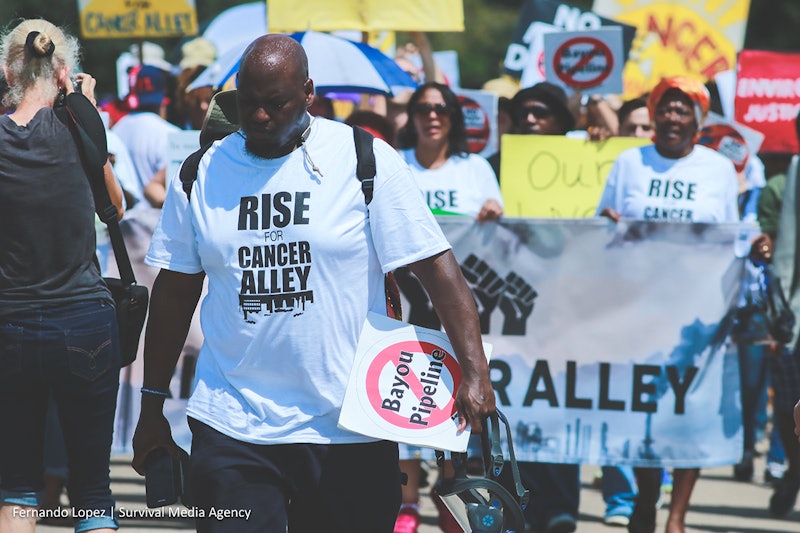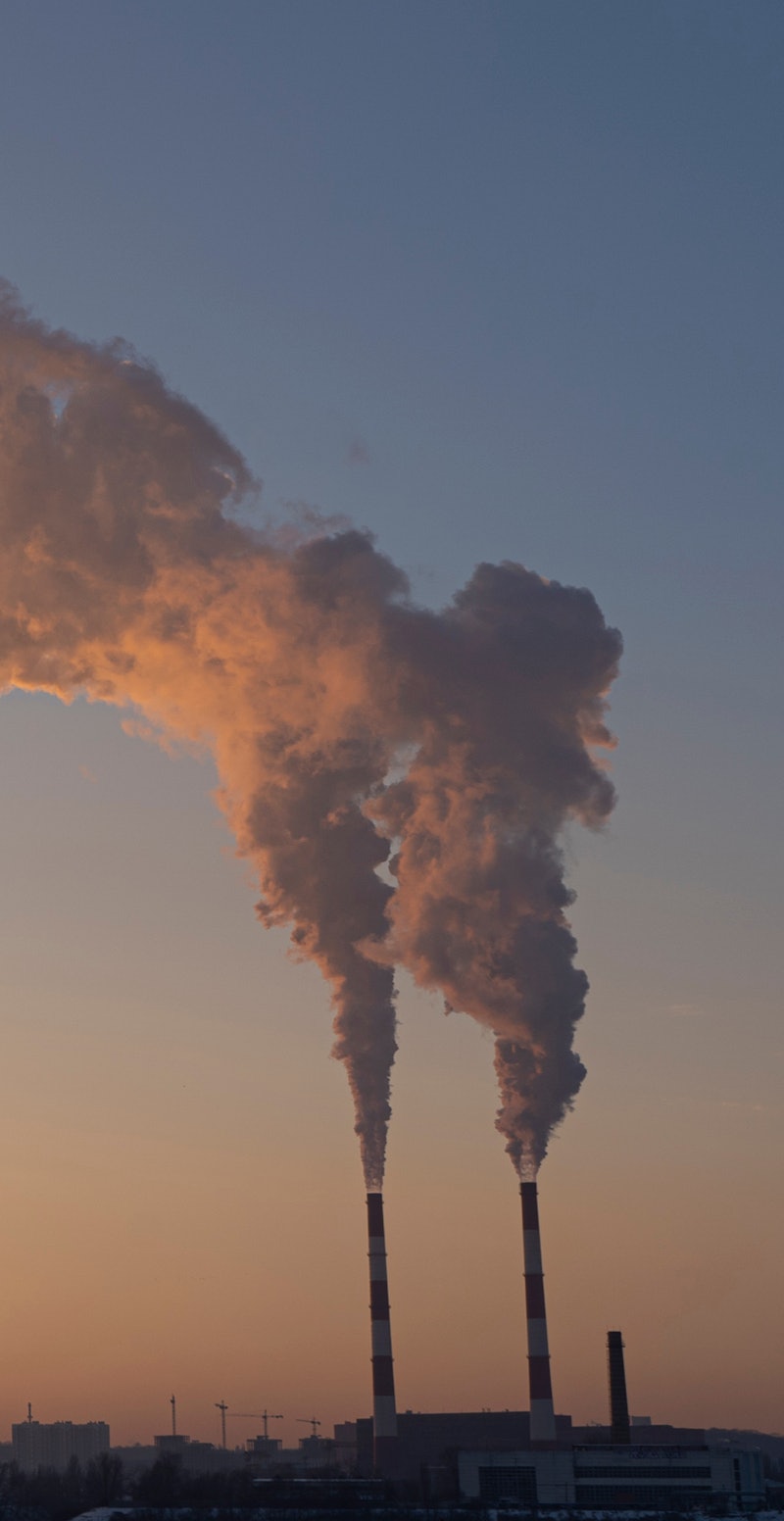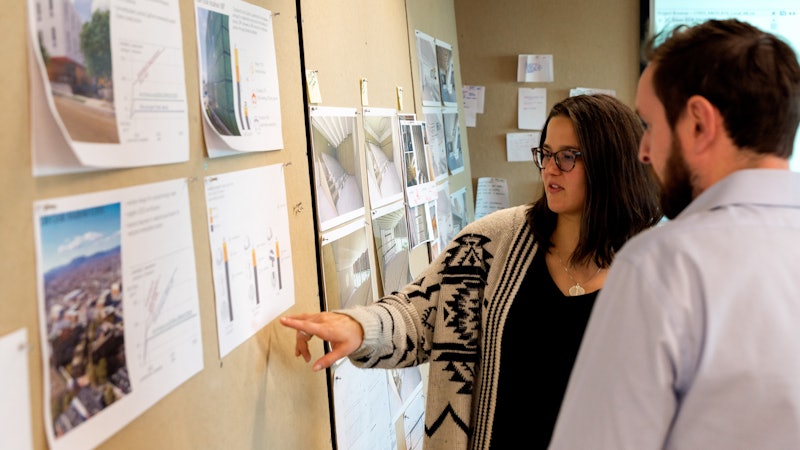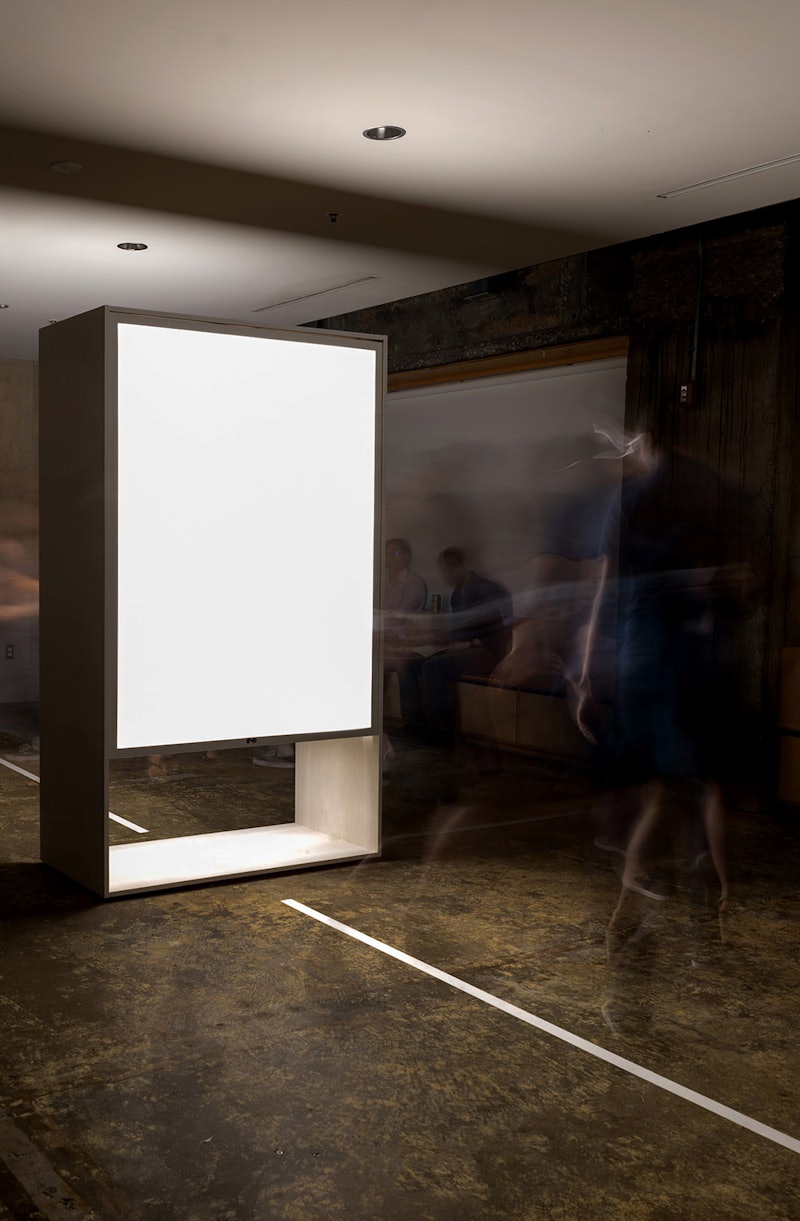

Just | Change: Design for Climate & Environmental Justice
The burdens and risks of climate change are not falling equally on everyone. The poor and communities of color—who have typically contributed the least towards climate change—are shouldering a disproportionate share of the impacts of extreme heat, severe storms, flooding, and wildfires. This imbalance between who benefits and who suffers is similar to the patterns observed by those concerned with issues of environmental justice, where these same communities are often those with highest exposure to environmental hazards—air pollution, contaminated soils, toxic wastes.
As designers, we make choices every day that can have an impact on both environmental justice and climate justice. These choices should be informed by evolving research about planetary health, ecosystem services and the life cycle of materials with a focus on the disproportionate burden that their extraction and manufacturing poses to the communities and places that produce them.
• We can specify materials that are
produced in ways that are healthier for people who help produce them and
are exposed to them in buildings, and those who live in ‘fence-line
communities’ where the materials are produced
• We can help
transform housing, workplaces, and schools in ways that make them more
resilient to climate change while lowering their contribution to that
change—with a special attention on helping those in the worst conditions
to access transformational funding now available.
• We can work
as design professionals and members of our communities to design and
advocate for streetscapes, parks, and places for play that help make
civic life outdoors available to all and adapt to a changing climate.
• How can we become more knowledgeable about the life cycle of materials?
•
How can we integrate research on ecosystem services into the built
environment, we can strive to be net-zero energy and carbon neutral, but
can we strive to be Ecosystem Positive?
• How can we encourage
evidence-based policies to promote human health and prosperity while
preserving the environment that allows us to thrive?
The Research Fellows selected for this year’s program will have the opportunity to explore these questions in conversation with teams working on projects already ongoing at EskewDumezRipple, and with organizations near our offices in New Orleans and Washington DC area already working on issues of housing insecurity, equitable access to play, and environmental justice.
Context
The EDR Research Fellowship program allows talented individuals—typically recent graduates of design professional educational programs—to explore fundamental questions around the development of better buildings and cities while embedded in a firm committed to excellence in design and performance.Each year, EDR Research Fellows are challenged to focus on a particular area of inquiry, unconstrained by day-to-day project deliverables, but with the opportunity to interact with and affect the course of ongoing work. They also share what they have learned with the firm and with the profession nationally through publications and conferences.
Program Overview
Previous years have focused on topics of
• Building performance
• Resilience
• Community engagement
• Health in the built environment
• Performative landscapes as urban spaces
• Building envelopes
• The impact of visual and auditory perception on architecture
• Paths to carbon neutrality in building construction & operation
• Wood: Past and future
See https://www.eskewdumezripple.com/innovation/#research-fellowship







